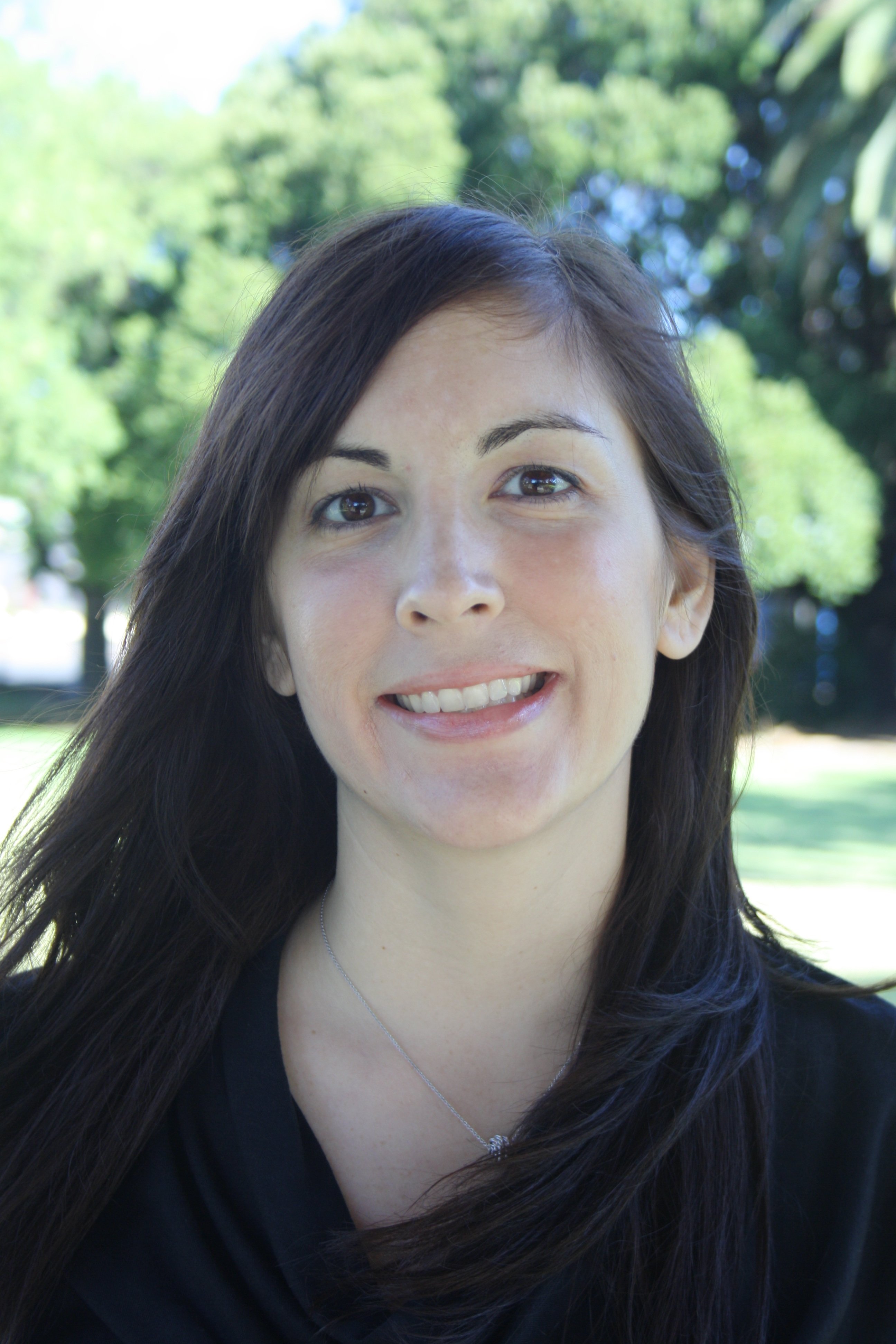Reading Love, Inshallah inspired me to reflect on my own relationships, some of which I wrote about in my travel memoir, Abu Dhabi Days, Dubai Nights.
As a non-Muslim American, I traveled to Abu Dhabi to teach English, and learned a lot from my Emirati and Arab female students about their relationships with men. Some of the older students told me about their arranged marriages, and my younger students shared what they hoped to find in their future husbands. Through our conversations, I was able to reflect on my own current and previous relationships.
Everything about my relationship with Andres, my boyfriend at the time—from the night we met to the difficulties that followed in our long distance communications—seemed so different on the surface from my students’ realities and hopes for their future partners. Yet, as my year in Abu Dhabi wore on, I saw how similar and relatable our positions really were.
I realized that no matter the approach to finding love and marriage, it was still difficult to find a lifelong companion. Neither my Emirati and Arab female students nor I had a monopoly on the path to a happy marriage. (In fact, the divorce rate in the UAE equals that of the US.)
Our curiosity and conversations continued throughout my year in Abu Dhabi. There were times when my students shook their heads at the poor American women like myself. They saw us as giving away too much in the relationship only to get hurt in the end.
There were other times when my ability to choose was seen as positive. While talking about my boyfriend, one student said, “You have more choice. If he leaves, you can go out and find another.”
Yet, could it ever be that easy, for either of us?
Muslim colleagues also opened up about our different perspectives on relationships. An Iraqi teacher once asked, “Doesn’t it hurt? Don’t you have … baggage?”
Yes, I did. But I believed baggage from past relationships was a necessary consequence of finding the man I would one day marry. Sure it was tough and unreliable, but it was the only way I knew to proceed; just as arranged marriages were the only ways my students could imagine their unions with future partners.
The few romantic relationships I had in Abu Dhabi and Dubai revealed so much about the evolving culture of those two cities. They helped me become the person I am today. But when I wrote about them and sent my book to literary agents, they rejected it, often because they felt there was too much romance. They wanted more ‘substance’, and wondered if I could write in a more journalistic style about my other experiences in Dubai.
But, that was not the book I wanted to write.
Now that the book has been published, I still hear some criticisms that it has a lot of ‘romance’, as if romance is shallow. But, these romances are intentional and important parts of my two-year experience in Abu Dhabi and Dubai. My time there changed the way I see the world.
All of the relationships I formed, whether romantic or not, helped me to create and sustain this change. The search for love, whether experienced individually or written about, isn’t trivial or insubstantial, but a great part of becoming who we are, whatever culture and background we come from.
—
Jillian Schedneck is the author of Abu Dhabi Days, Dubai Nights, published by Pan Macmillan Australia and available as an e-book around the world. She spent two years teaching English in Abu Dhabi and Dubai, and is now pursuing a PhD in Gender Studies at the University of Adelaide in Australia.












